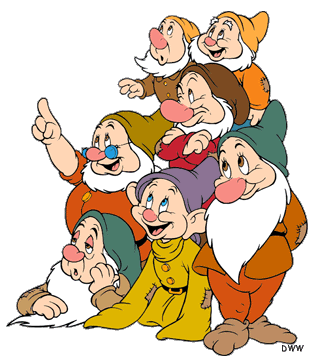Seven little men

Seven little men live in a little cottage.
Their names are:
- Dopey
- Sneezy
- Bashful
- Doc
- Sleepy
- Grumpy
- Happy
Outside are seven little stepping stones, each inscribed with one letter which corresponds to the first initial of each of the little men. i.e. They are inscribed with the letters D , S , B , D , S , G , and H .
How many different ways can they stand, one on each stepping stone, so that no one stands on a stepping stone with his first initial on it?
e.g. Dopey can't stand on either of the " D " stepping stones.
Note: Dwarves that have the same first initial are distinguishable, so, for example, if Dopey and Doc trade places, it's a different arrangement.
More permutations problems
Image credit: www.disneyclips.com
The answer is 920.
This section requires Javascript.
You are seeing this because something didn't load right. We suggest you, (a) try
refreshing the page, (b) enabling javascript if it is disabled on your browser and,
finally, (c)
loading the
non-javascript version of this page
. We're sorry about the hassle.
This is just like this problem, but the difference is the dwarves are distinguishable, while the letters in GOOFING are not. Therefore, we need to multiply the answer by 4 . (Two for each set of distinguishable dwarves with the same initial letter in their name). Therefore the answer is 4 ∗ 2 3 0 = 9 2 0